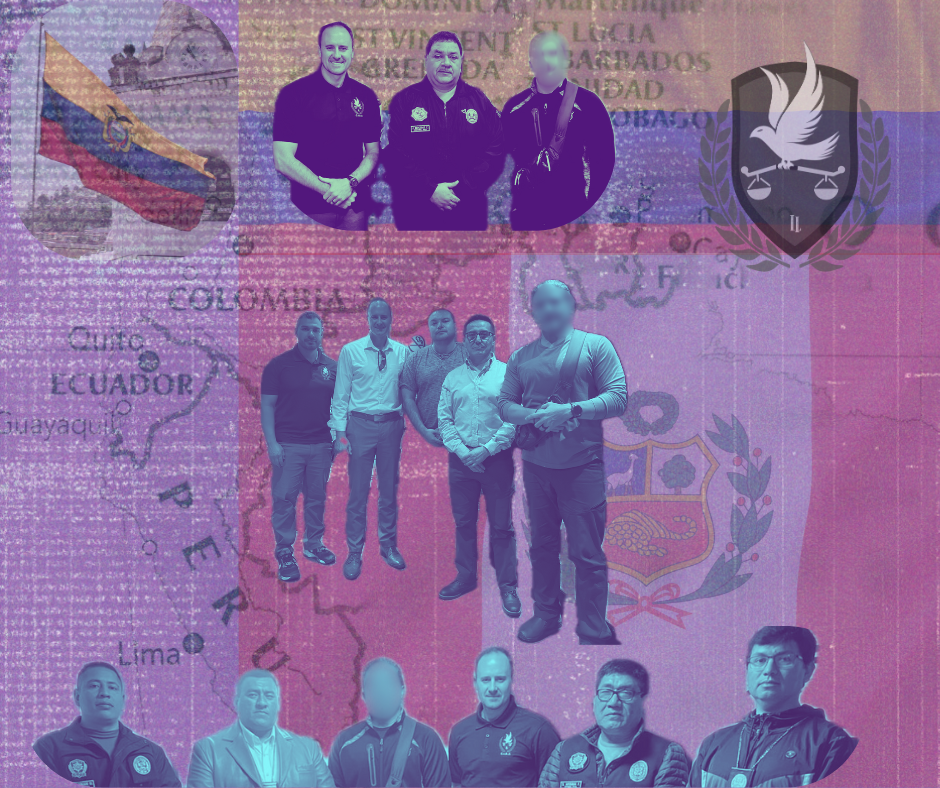What is Child Trafficking?
- Jul 20, 2024
- 2 min read
Child trafficking involves exploiting children for various forms of exploitation, which constitutes a serious violation of their rights. Whether children appear to consent is irrelevant when methods like force, deception, coercion, or abuse of power are used.
Children are vulnerable to exploitation in several ways:
1. Sexual exploitation: This includes using children for commercial sex or producing abusive materials.
2. Forced labor: Children endure harsh conditions in agriculture, factories, mining, or domestic work.
3. Street begging and petty crimes: Some are forced to beg or commit crimes like theft.
4. Involvement in armed conflicts: Children may be recruited as fighters, exploited sexually, or kept in servitude.
5. Child marriage: Girls are often married off for financial or social gain, often against their will.
6. Illegal adoption: Babies and children are trafficked for adoption, often through deceit or coercion of their parents.
Victims of child trafficking often face multiple forms of exploitation concurrently, such as sexual abuse alongside forced begging.
Child trafficking affects a significant number of children globally, with detected cases tripling over the past 15 years. Around one-third of identified trafficking victims are children, impacted differently based on gender and location. While girls are typically trafficked for sexual exploitation, boys are more often subjected to forced labor.
Child trafficking occurs worldwide but varies regionally. It's prevalent in North and Sub-Saharan Africa, where forced labor is common, and in Central America and the Caribbean, where girls are trafficked for sexual exploitation. South Asia sees children exploited for labor or marriage.
Children become vulnerable due to family issues, poverty, inequality, and inadequate protection. Traffickers exploit children in crises like conflicts or natural disasters, targeting unaccompanied migrant children.

The consequences of child trafficking are severe, affecting children's physical, cognitive, and emotional development. Victims suffer long-term health issues, trauma, anxiety, and depression. This crime undermines societal stability, perpetuates poverty cycles, and disrupts education and community development.
Children's International Rescue Foundation works to combat child trafficking through prevention, justice, and victim protection. CIRF advocates for the effective implementation of protocols against trafficking and guides child-friendly justice systems.



